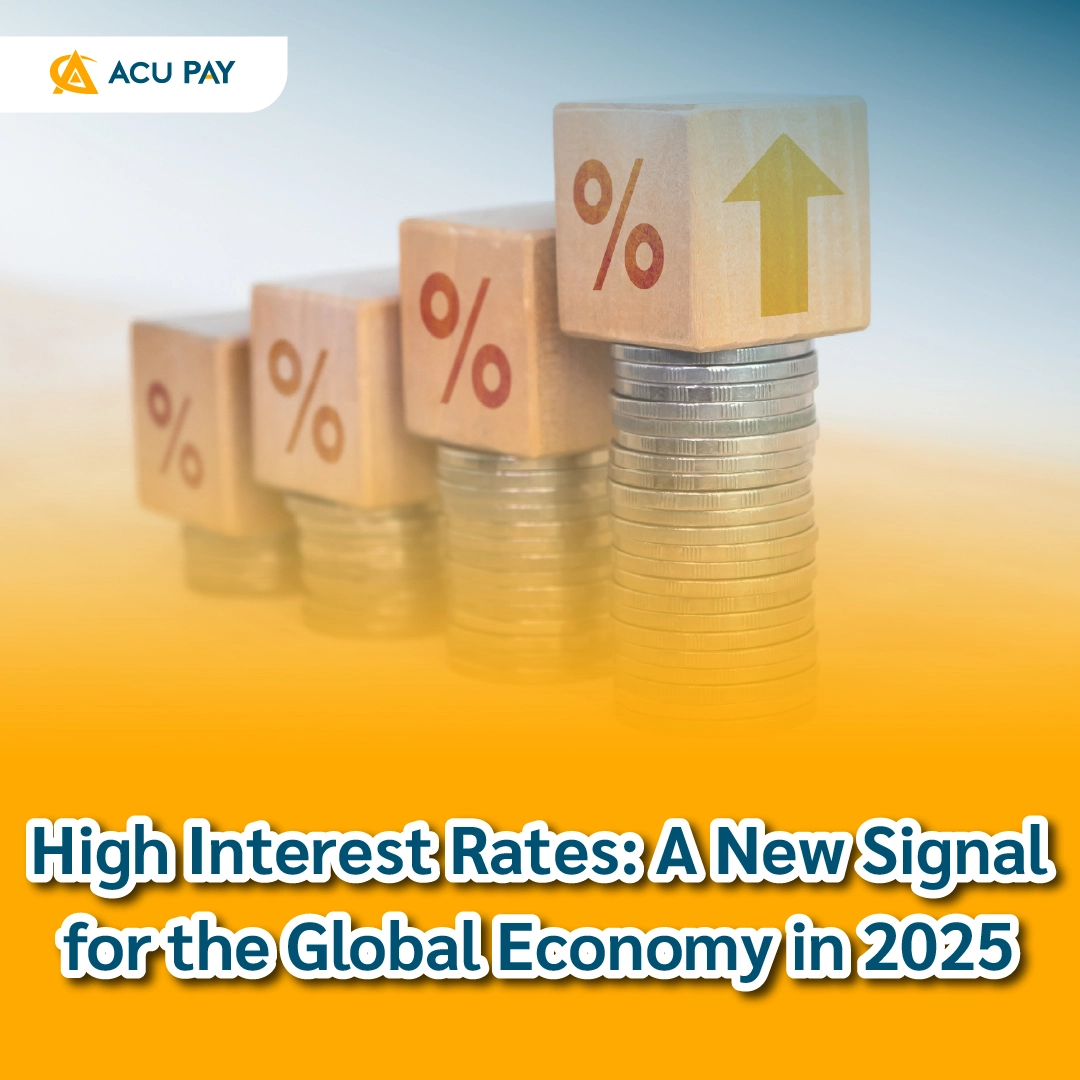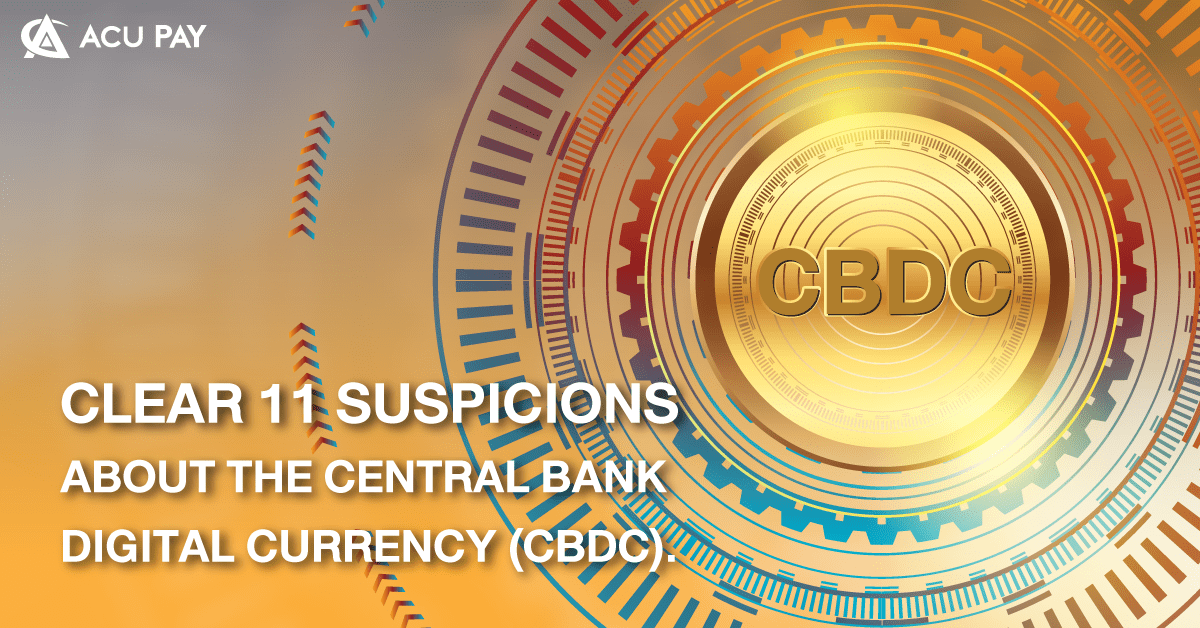
A Central Bank Digital Currency is a digital currency issued by a country’s central bank.
If Thailand’s central bank issues digital currency. It’s like Thai baht or banknotes issued by the Bank of Thailand (BOT). It’s just in “digital” form, which has a value of 1:1. People may wonder what it will be like when it actually works. Today we gathered questions and answers from the Bank of Thailand (BOT). Let’s see.

The Bank of Thailand replied that the design of the CBDC focuses on users’ account privacy. At the same time, there must be a way to detect illegal transactions. The use of the CBDC is subject to the same e-Payment tax laws as other types of electronic payments.
The Bank of Thailand answered that there must be a wallet to store CBDC by dividing the wallet into 2 forms.
The Bank of Thailand replied that the bank has developed a wallet in the form of a card to store CBDCs. People without a mobile phone can use the card to store CBDCs and do transactions such as deposits, withdrawals, transfers, and payments, so there will be no inequality.
The Bank of Thailand replied that Thai people who do not have bank accounts can access the CBDC by simply opening a wallet and exchanging cash for a CBDC with a bank or financial service provider authorized by the BAAC, or accepting a CBDC from others (e.g., by selling items) to be stored in a wallet, and can use CBDC to conduct financial transactions.
The Bank of Thailand responded that a CBDC is like a digital banknote with a fixed value in Thai baht. By creating a CBDC, people need to exchange cash or transfer money in their bank accounts for a CBDC at an exchange rate of 1:1, which is the currency in circulation. This does not result in inflation from a CBDC’s creation because it does not inject new money into the system and because the CBDC has cash-like properties. Therefore, no interest rate is paid for holding the CBDC.
The Bank of Thailand replied that holding a CBDC does not pay interest and has a limit on how much one can hold. Therefore, people will still choose to deposit money with banks. This prevents the rapid transfer of money; it does not affect the bank’s deposit base much. CBDC is just an alternative way to hold money that creates convenience for users. There is also a limit on the holding of CBDC in Wallet, while there is no such limitation for deposits.
The Bank of Thailand responded that Promptpay requires citizens’ deposits with commercial banks while CBDCs are digital banknotes. Therefore, in terms of use, they are no different. It is an online transaction through a mobile phone, but people will get more convenience. It will be easier to spend in the future by giving the opportunity to program developers to build innovation on the CBDC.
The Bank of Thailand replied that CBDC is another alternative to meet people’s money-spending behavior in the future. The Bank of Thailand still prints banknotes, but whether there will be a decrease or not depends mainly on the demand for banknotes.
The National Bank gave an answer that the CBDC issued by the National Bank Similar to banknotes but in digital form, CBDC production has an asset backing, keeping its value stable. It is also intended to support people’s spending, which is shifting to more online financial transactions. Therefore, the CBDC is not a cryptocurrency like Bitcoin or Ether that has high volatility and has no backing assets. and is often used for investment or speculation.
The Bank of Thailand responded that CBDCs are like banknotes that are in digital form for everyday use. At present, there is no policy to allow CBDC to connect to DeFi.
Bank of Thailand replied that the bank is testing the technology so that the CBDC can effectively support people’s transactions across the country and have appropriate procedures to prevent identity theft or cyber-attacks.